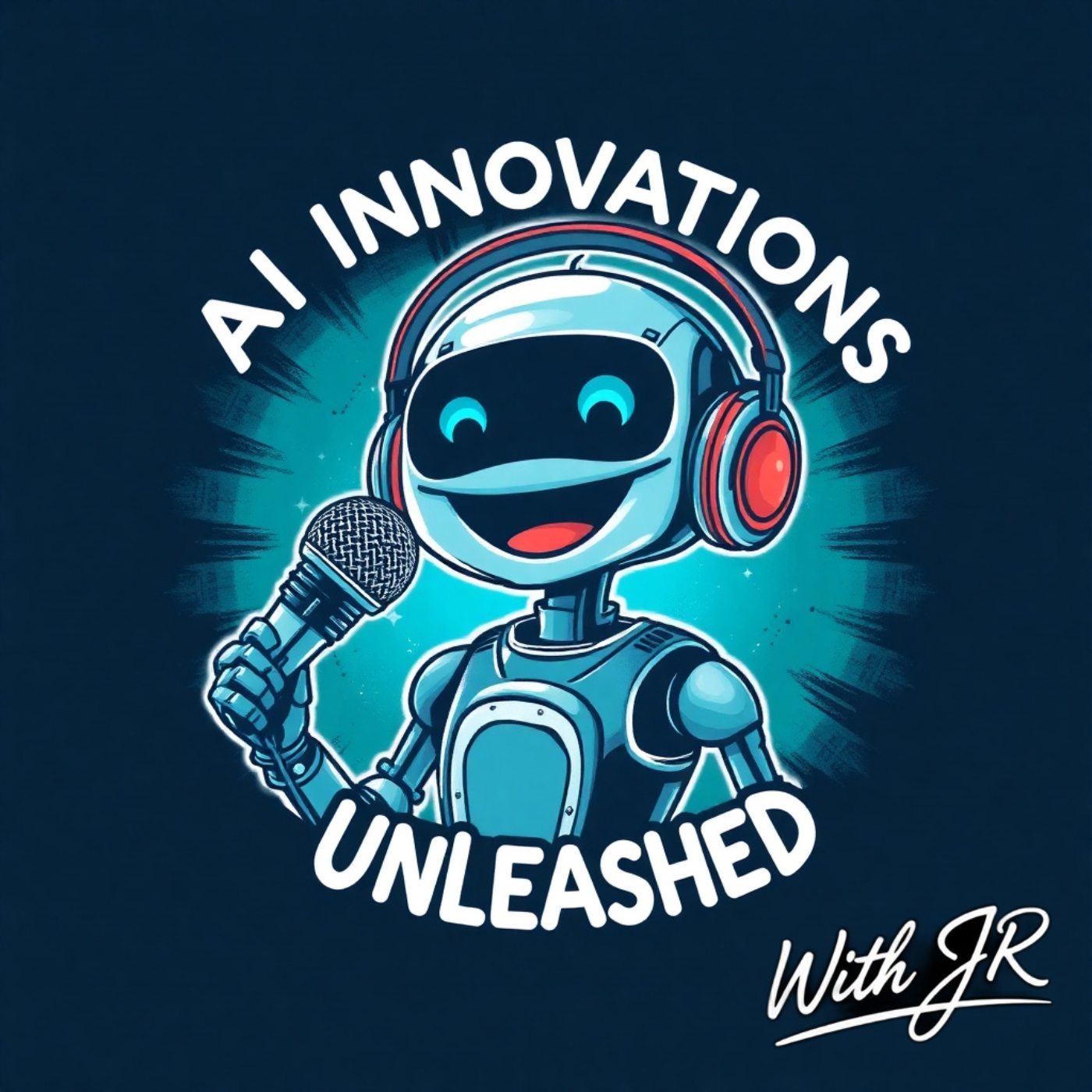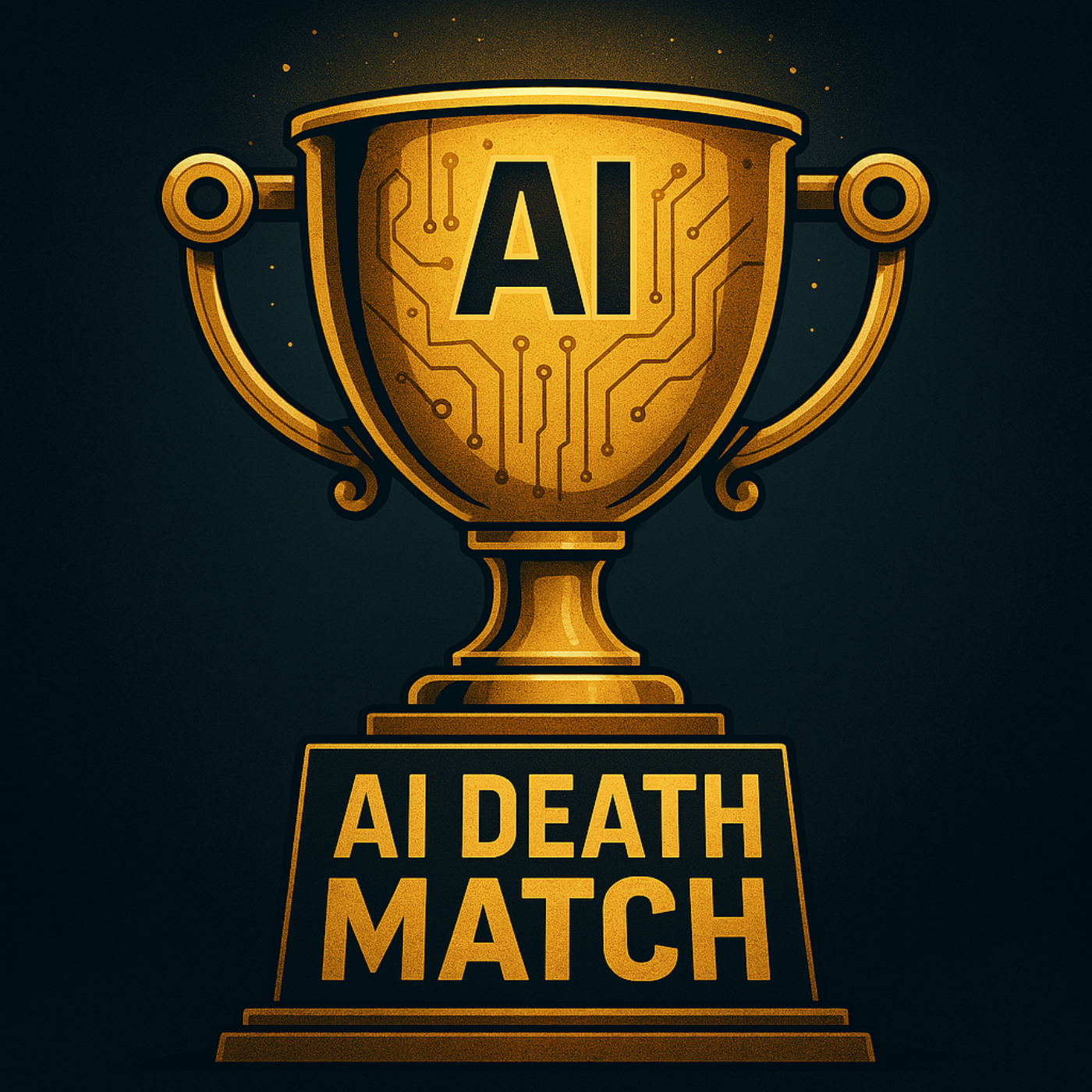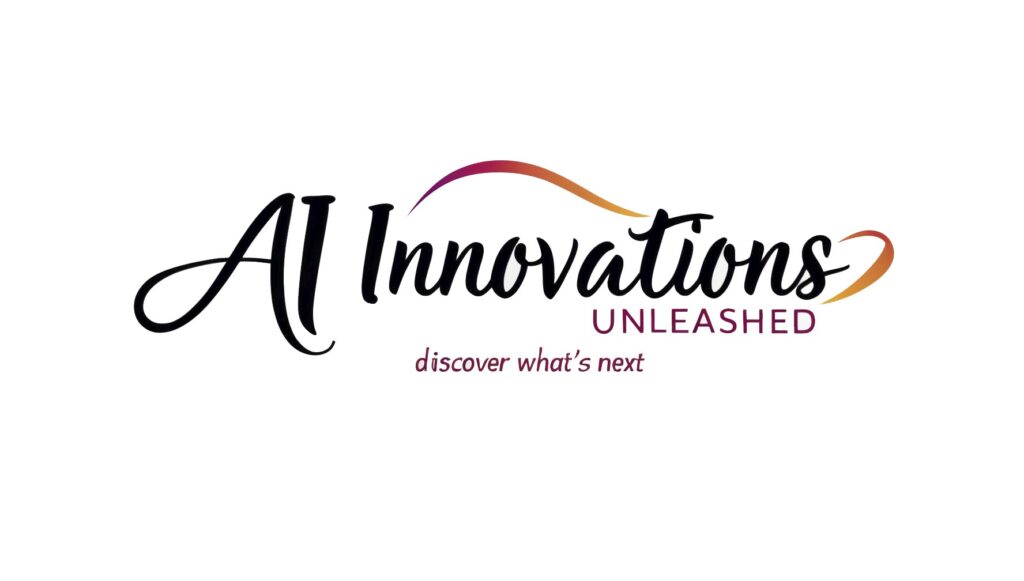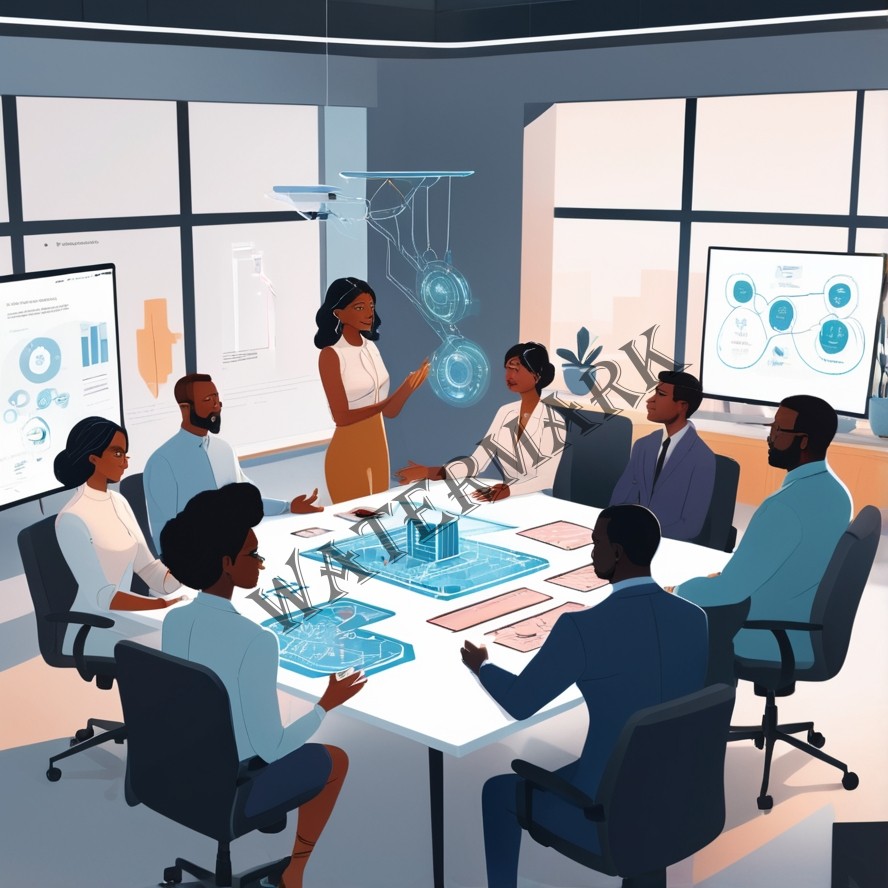AI is revolutionizing industries, and the future of work is evolving faster than ever. In this episode of AI Innovations Unleashed, we discuss how businesses can prepare for 2025 and beyond. Tune in for expert insights on AI, leadership, and ethics.

“AI Innovations Unleashed: Discover What’s Next”
Visit: AI Innovations Unleashed Blog
Step into the transformative world of artificial intelligence with AI Innovations Unleashed. This podcast and its related blog explore how cutting-edge AI technology shapes industries, transforms businesses, and redefines what’s possible. Whether you’re a tech enthusiast, a business leader, or simply curious about the power of AI, this is your ultimate resource for staying ahead of the curve.
Each week, our expert host dives into the most exciting developments in AI, from breakthrough innovations and ethical dilemmas to real-world applications and success stories. With insights from data scientists, industry pioneers, and executive strategists, you’ll learn how companies leverage AI to drive growth, enhance efficiency, and tackle some of the world’s biggest challenges.
What You’ll Discover:
- Emerging AI Trends: Stay updated on the latest advancements in machine learning, generative AI, and automation.
- Real-World Applications: Explore how businesses in healthcare, finance, logistics, and other sectors are integrating AI into their strategies.
- Ethics and Impact: Dive into thought-provoking discussions on the societal implications and ethical considerations of AI.
- Expert Insights: Hear stories from top industry professionals shaping the future of technology and business innovation.
Tune In Today!
- Want to know how AI is creating personalized customer experiences in real time? We’ve got you covered.
- Are you curious about generative AI and how it’s reshaping creative industries? Our latest episode explores it all.
- How do you integrate AI into your business strategies without breaking the bank? Tune in for actionable insights!
Whether you’re here for inspiration, knowledge, or to stay competitive in a tech-driven world, AI Innovations Unleashed will keep you informed, inspired, and ready to thrive. Don’t miss out—join our growing community of listeners and readers today! 🚀
Visit: AI Innovations Unleashed Blog
Subscribe to the Podcast and unleash the potential of AI in your world. 🎙️✨
Vision vs Ultron. Who will walk away with the trophy?

References, Additional Resources, and Readings
Books
- O’Neil, C. (2016). Weapons of Math Destruction: How Big Data Increases Inequality and Threatens Democracy. Crown Publishing Group.
- This book discusses how algorithms and AI can perpetuate bias and inequality, making the case for ethical AI and responsible data use.
- Brynjolfsson, E., & McAfee, A. (2014). The Second Machine Age: Work, Progress, and Prosperity in a Time of Brilliant Technologies. W.W. Norton & Company.
- A detailed look at how technology, particularly AI, is transforming work and the economy. The authors discuss the challenges and opportunities AI presents in reshaping industries and society.
- West, D. M. (2018). The Ethics of Artificial Intelligence. Brookings Institution Press.
- West offers an overview of the ethical dilemmas posed by AI, including bias, privacy, and accountability, and provides suggestions for addressing these issues.
- Harari, Y. N. (2018). 21 Lessons for the 21st Century. Spiegel & Grau.
- A broad exploration of the societal changes brought about by AI, focusing on how technology, including AI, is reshaping politics, economics, and our daily lives.
Research Articles & Journals
- O’Neil, C. (2017). “How to fight the dangerous rise of AI.” The Guardian.
- This article provides a critical look at the potential dangers of AI and the importance of keeping AI systems transparent and accountable.
- Brynjolfsson, E., & McAfee, A. (2024). “The impact of artificial intelligence on the workforce.” MIT Sloan Management Review.
- A comprehensive report on the evolving relationship between AI and work, highlighting which jobs are being augmented and which are being replaced.
- Raji, I. D., & Buolamwini, J. (2019). “Actionable Auditing: Investigating the Impact of Publicly Naming Biased Performance Results of Commercial AI Products.” Proceedings of the 2019 CHI Conference on Human Factors in Computing Systems.
- This research paper highlights the role of bias in AI technologies and the need for fairness auditing to prevent racial bias in AI products like facial recognition.
- Dastin, J. (2018). “Amazon Scraps Secret AI Recruiting Tool That Showed Bias Against Women.” Reuters.
- A real-world example of AI bias in recruitment tools and its repercussions for organizations that do not consider the ethical ramifications of deploying AI systems.
- Vaswani, A., Shazeer, N., Parmar, N., Uszkoreit, J., Jones, L., Gomez, A. A., Kaiser, Ł., & Polosukhin, I. (2017). “Attention is All You Need.” Proceedings of Neural Information Processing Systems (NeurIPS).
- The seminal paper introducing the Transformer model, which has since become foundational to many modern AI systems like GPT-3 and other natural language processing technologies.
Websites & Reports
- McKinsey & Company. (2024). The Evolving Role of Emotional Intelligence in the AI Era.
- A detailed report discussing how emotional intelligence is becoming a key differentiator in the workplace as AI automates more technical tasks.
- World Economic Forum. (2020). “The Future of Jobs Report.”
- A global report examining the future of work and the job landscape in light of advances in AI and automation, including trends like reskilling and the creation of new roles.
- IBM. (2024). AI Ethics and Transparency: Building Trust in AI Systems.
- A resource from IBM that outlines how businesses can develop ethical AI systems with transparency and accountability at their core.
- European Commission. (2021). Artificial Intelligence Ethics Guidelines.
- A set of ethical guidelines provided by the European Commission to help businesses develop and deploy AI systems that are transparent, fair, and respect human rights.
Podcasts & Videos
- AI Alignment Podcast (by the Machine Intelligence Research Institute)
- This podcast focuses on the long-term safety and ethical implications of AI and how to ensure that advanced AI systems are aligned with human values.
- TED Talk: “How AI can enhance our memory, work, and social lives” by Tom Gruber
- A TED Talk exploring how AI can help humans augment their cognitive abilities, leading to more effective work and social lives.
- Podcast: “AI in Business”
- A podcast that explores the role of AI in business applications, focusing on practical implementations and the ethical considerations that come with the rise of AI in industries.
Online Learning & Courses
- Coursera: AI For Everyone by Andrew Ng
- This course is designed for non-technical learners who want to understand the basics of AI and how it will impact industries and society. It’s a great introduction to AI literacy.
- Udacity: AI Ethics: Building AI Responsibly
- A course that dives into the ethical considerations involved in developing AI technologies. It includes real-world case studies and frameworks for developing ethical AI systems.
- edX: Artificial Intelligence: Implications for Business Strategy
- A course offered by MIT that discusses how AI can be integrated into business strategies and the potential ethical concerns surrounding its implementation.
- Harvard Online Learning: Data Science for Business
- This course covers the application of data science and AI in business and focuses on ethical decision-making processes in using AI to make business decisions.
Additional Reading
- Agrawal, A., Gans, J., & Goldfarb, A. (2018). Prediction Machines: The Simple Economics of Artificial Intelligence. Harvard Business Review Press.
- A highly recommended read for understanding the economic implications of AI, how it alters decision-making, and its potential impact on industries.
- Binns, A. (2021). Responsible AI: A Global Policy Framework. Springer.
- This book offers a comprehensive guide to the global challenges and policies related to the development and deployment of AI technologies, emphasizing ethical considerations.
- Susskind, R. E., & Susskind, D. (2015). The Future of the Professions: How Technology Will Transform the Work of Human Experts. Oxford University Press.
- This book discusses how AI and other technologies are transforming the role of professionals, including lawyers, doctors, and educators, and how these shifts will impact society.

